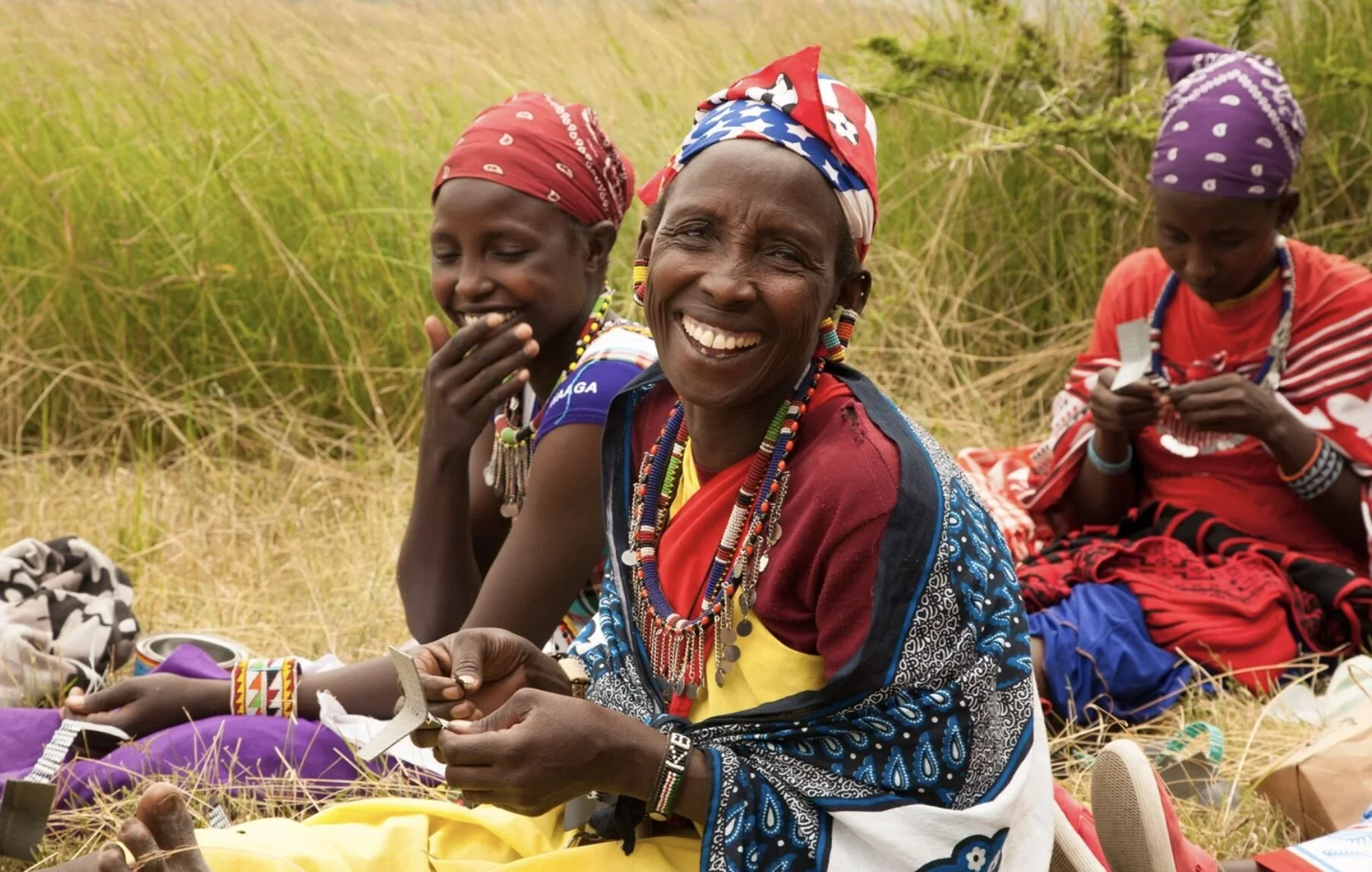Fieldwork in Kenya - My Learnings
“The law has come a long way in favour of the woman, but it is the tradition and attitudes that we often have to fight.” Dr. Wangari Maathai
Kenya’s much-loved Wangari Maathai was a trailblazer for women’s empowerment. Not only was she a powerful environmental and political activist, but one of the first African women to receive a PhD and the first to win the Nobel Peace Prize. In Kenya, the voices of most women are still silenced more than a decade after women empowerment and gender equality were mainstreamed in the 2010 Constitution. One reason exemplified by the quote is that many of the answers can be found in the deep inequalities embedded in traditional patriarchal cultures that perpetuate gender discrimination and the disempowerment of women.
During July and August, I had the privilege of conducting fieldwork research with local communities in the Maasai Mara facilitated by TheMaaTrust, an NPO that works to empower Maasai communities by creating business opportunities and linkages with privately-owned wildlife conservancies. Together with TMT we interviewed, surveyed and held focus group discussions with over 1056 local Maasai men, women, youth and elders across 15 conservancies in the Mara to better understand local perceptions on women empowerment and establish important linkages and divergences to “westernised” empowerment perceptions that often form the frameworks used by development agencies and projects across the region.
One finding was that micro enterprises are not a quick-fix solution for empowering women and fostering sustainable development, however, if effectively managed, coupled with adequate training, and scaled to create sufficient and consistent income generation, they offer one of the best mechanisms to shift restrictive traditional norms and through local partnerships can help foster low-carbon climate-resilient livelihoods.
Thank you to the Weidenfeld-Hoffmann Trust and the Smith School of Enterprise and the Environment - University of Oxford for funding this opportunity. I am deeply grateful to be supported in a continuation of learning (and sometimes unlearning) on the journey towards creating partnerships that foster sustainable and locally driven ‘development’ for communities across Sub-Saharan Africa. It is one of life’s greatest privileges to have been surrounded and nurtured by 35 WHT scholars from developing countries across the globe, who are now lifelong friends.
Most importantly, my sincere gratitude goes to my supervisor Prof Rob Hope as well as Dr Crystal Mogensen, Isen Kipetu and the team at TMT who welcomed me into their community and went above and beyond to make this research possible. Ashe Oleng!
*Permission was given by participants to use photographs*



